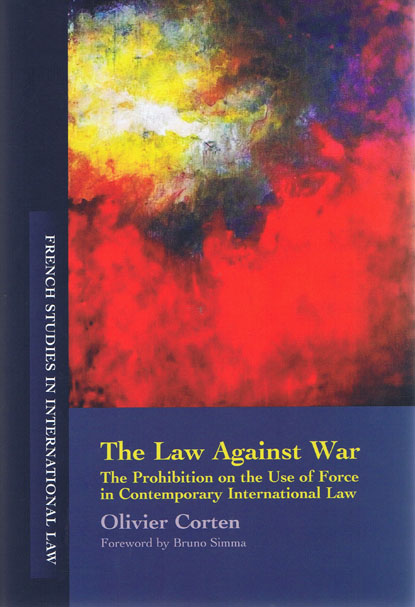We are now closed for the Christmas and New Year period, returning on Monday 5th January 2026. Orders placed during this time will be processed upon our return on 5th January.

This new book presents an examination of the non-use of force in contemporary international law. Some authors, especially in recent years, have claimed that this field is undergoing an important metamorphosis as a result, in particular, of the requirements of the "war against terror".
More specifically, some authors consider that the systematic prohibition laid down in the Charter of the United Nations (1945) should be made more flexible in the current context of international relations, allowing further development of new concepts such as "humanitarian intervention" and "pre-emptive war", or providing for the possibility of presumptive authorization by the Security Council in certain exceptional circumstances.
The author of this highly original work suggests that if any notable changes can be observed, especially in the past two decades, state practice shows that the Charter system is still based on a true 'jus contra bellum' and not on the 'jus ad bellum' characterizing previous periods. In this sense, as the title of the book suggests, "law against war" is not only a literal translation of the latin expression, but evokes at the same time the spirit of a rule which remains undoubtedly one of the bases of public international law.